Education and Outreach
Engage the broader community in how AI tools are advancing science
A3D3 member institutions developing new materials for all audience levels, including K-12, undergraduate students, the scientific community and the general public. Activities generate excitement about science using AI and excitement about AI using science. Specific programs include educational tutorials for learning and deploying novel AI tools, hands-on demonstrations and public lectures.
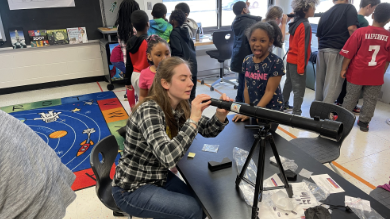
Outreach with high school and other students
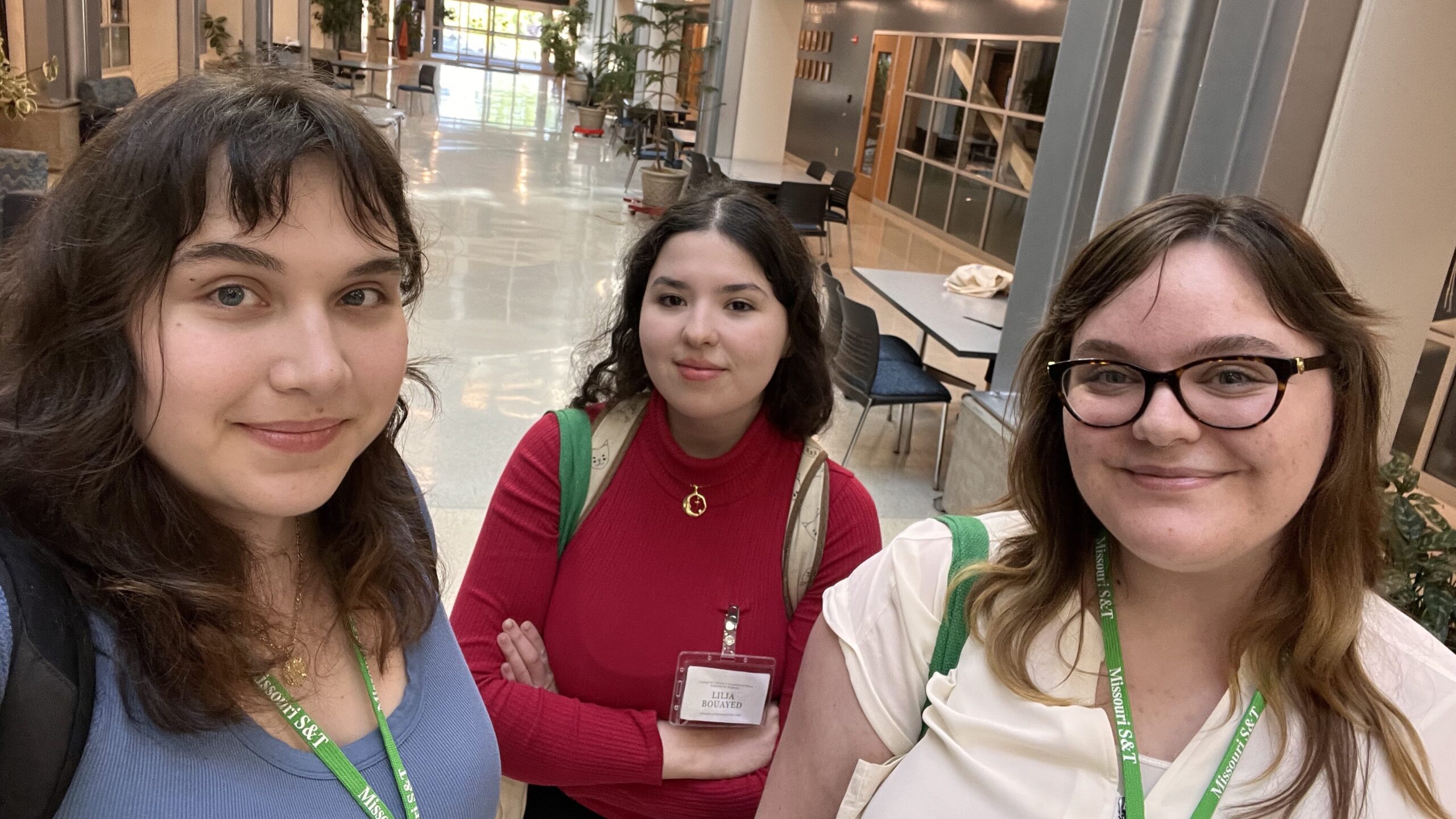
Undergraduate research and course curriculum development
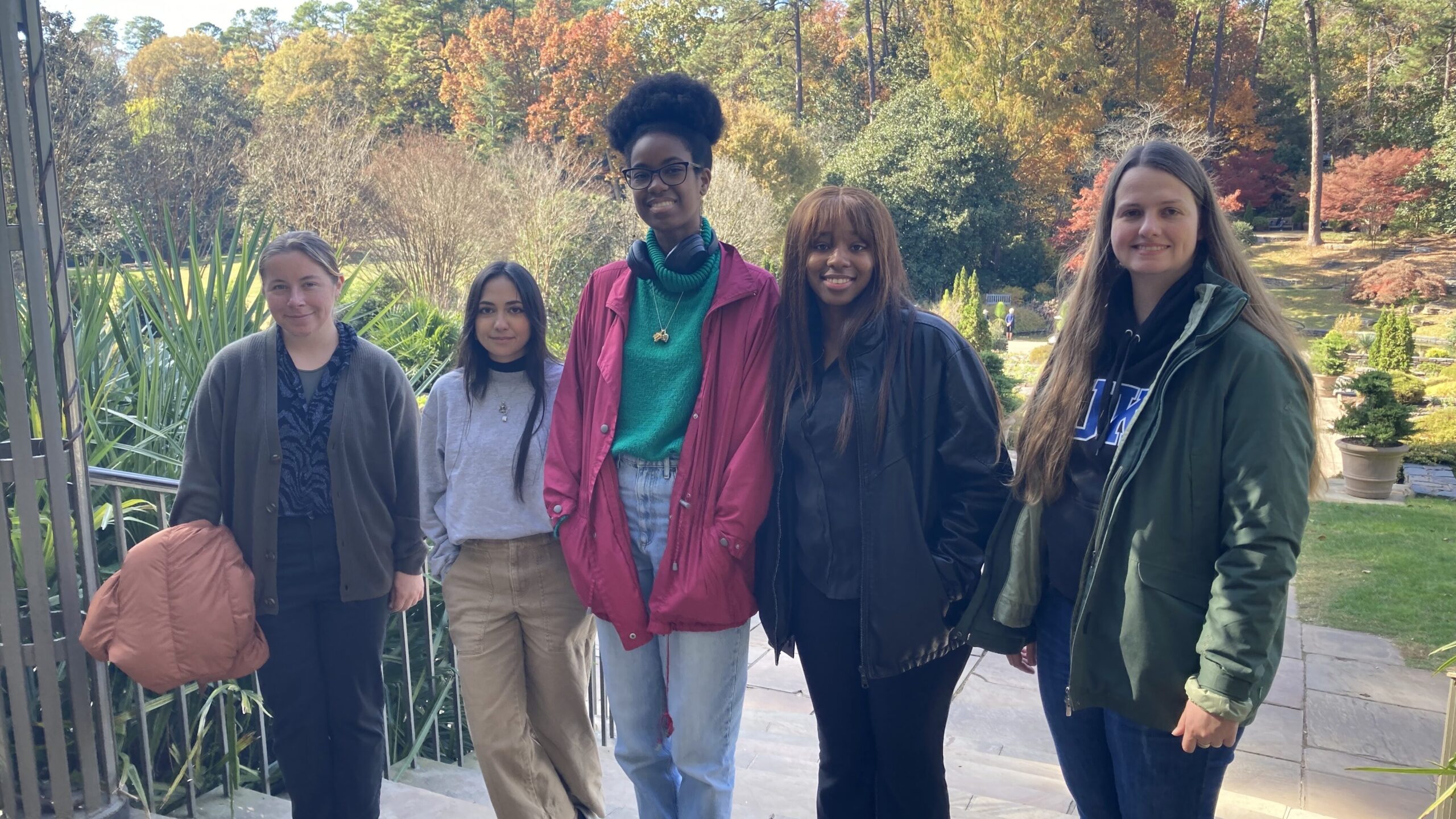
Postbac program supports students with an undergraduate degree to perform academic research full-time.
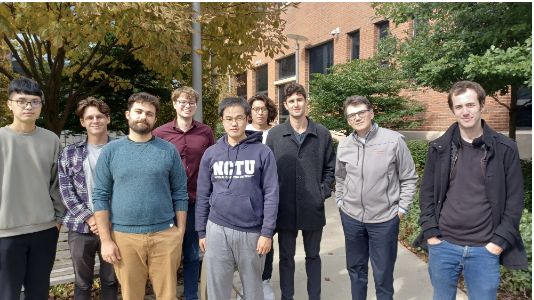
Tutorials for the scientific community (HLS4ML)
More Information.
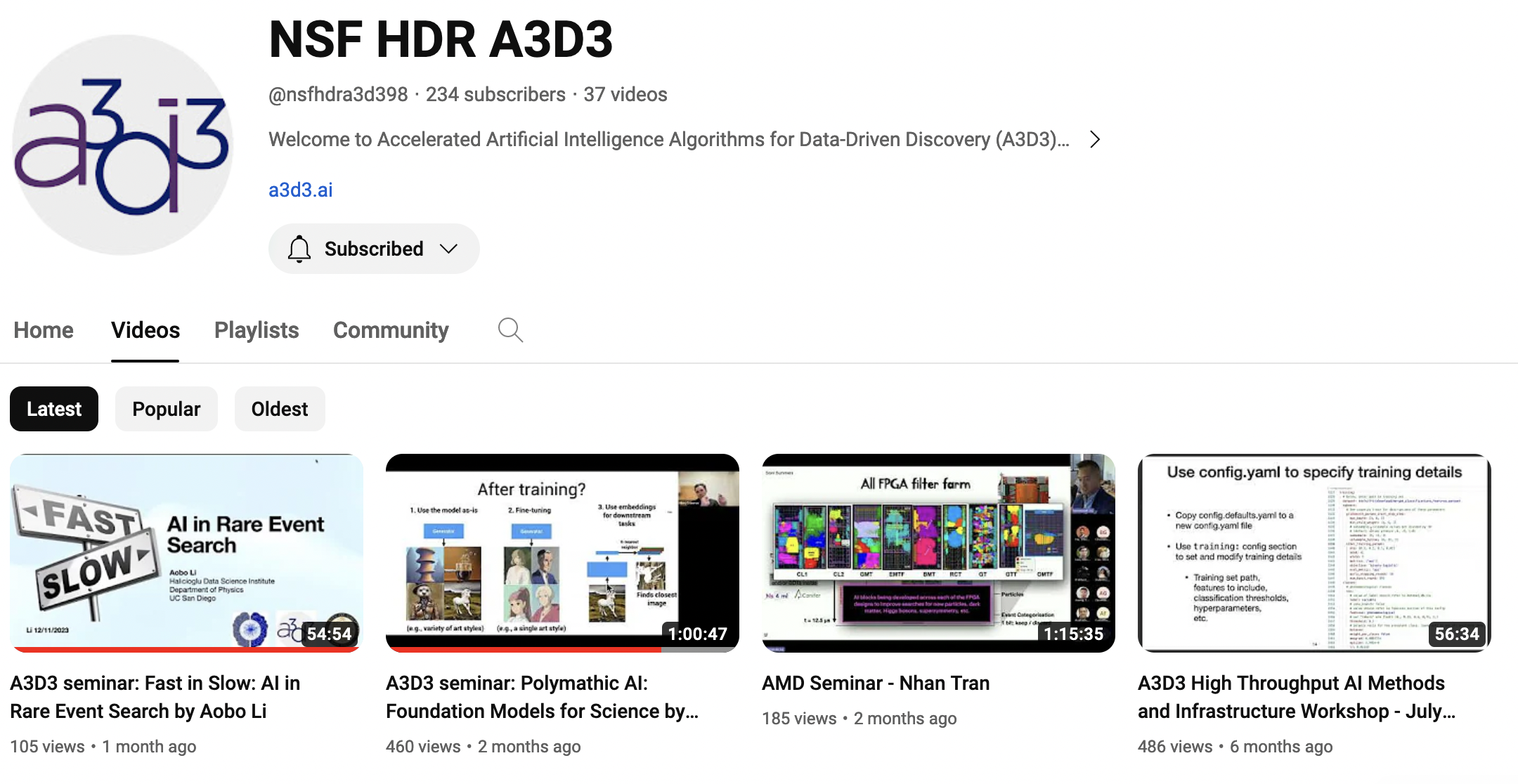
Professional virtual seminar series on AI and science posted to our YouTube channel.
More Information.
